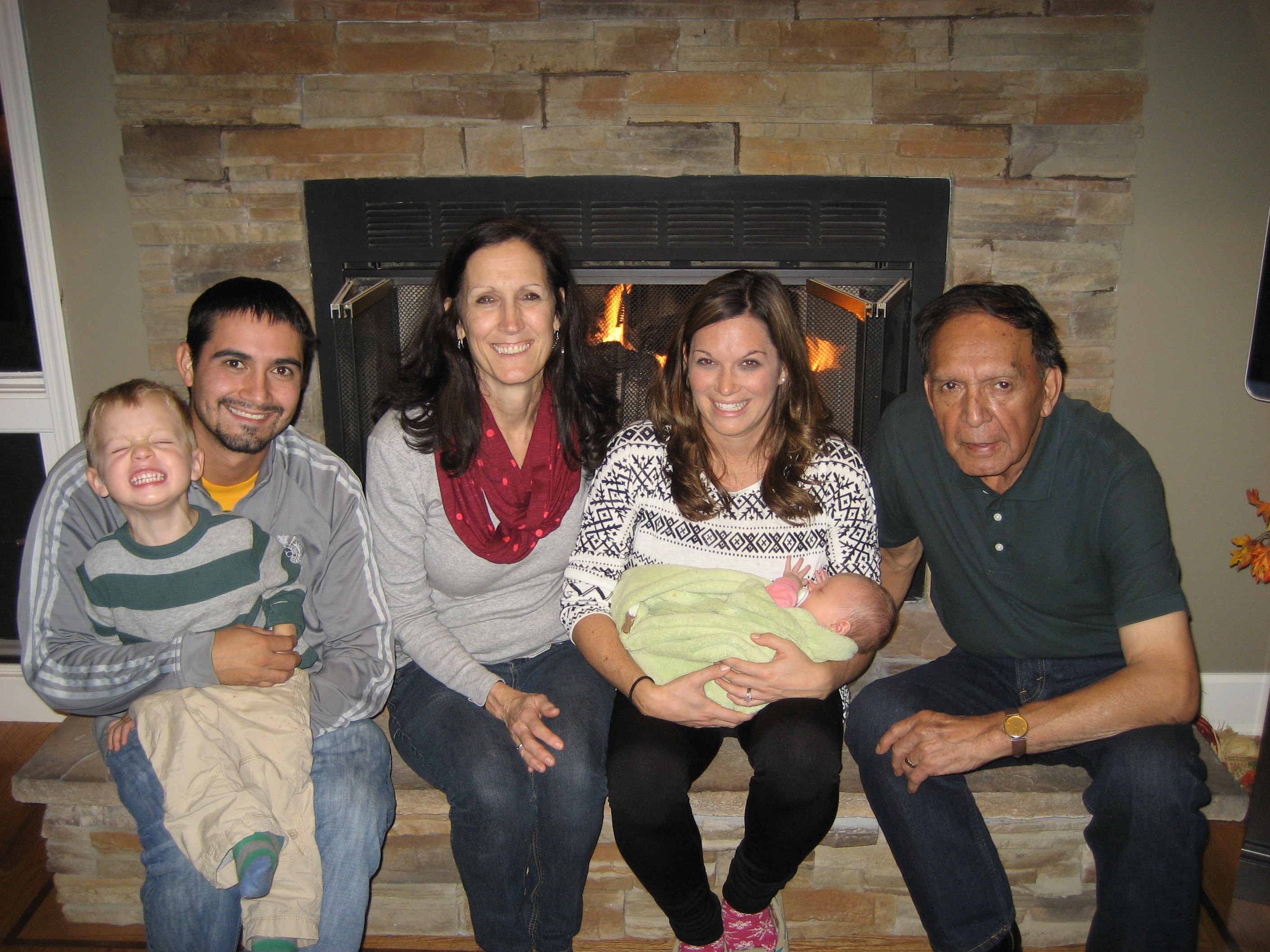Each month, we’re featuring an advocate who engages with policymakers to ensure priorities that improve the lives of people impacted by Alzheimer’s and all other dementia remain top-of-mind in Congress.
When Ruth Melendez’s husband David was diagnosed with Alzheimer’s, her life changed forever. After 35 years of marriage and raising two children together, Ruth took on the new role of becoming his primary caregiver. Following David’s passing, Ruth decided to carry on his legacy and turn her grief into action by becoming an AIM advocate.
Ruth recalls noticing the first signs of Alzheimer’s at her daughter’s wedding in 2010. Seeing friends and family members he’d known for decades, David was having trouble recognizing them. “I remember thinking, ‘You don't know who that was? These people have been in our lives for 40 years,’” said Ruth.
Working as a college professor, David admitted to Ruth that he was having trouble remembering his students’ names. After attempting to address this challenge with name cards, they acknowledged that they needed to schedule an appointment with a neurologist. Several months later, in December 2012, they met with a neurologist who ran several tests and diagnosed David with Alzheimer’s.
“He did okay for a couple years,” said Ruth. “I continued to work, and we built a support system of friends that would stop by and see him pretty regularly.”
But when David got lost on a routine trip to their local Home Depot, Ruth knew it was time to retire and become his full-time caregiver. “He knew all the people there, and he got lost,” said Ruth. “He called me and said ‘I don’t know where I am.’”
With a son in college and a daughter away from home in the military, David’s journey with Alzheimer’s took a toll on their family. “We had been a really strong family unit, and it was really, really hard on my kids to lose their dad like that,” said Ruth.

After David’s passing, Ruth encouraged them to take action. “We have to do something to fight this disease. We’ve always been a family of fighters…It’s going to be part of his legacy.”
Ruth attended an Alzheimer’s Association event in Colorado Springs, where she first learned about advocacy. Over the past three years, Ruth has become a powerful voice in Alzheimer’s advocacy, attending the AIM Advocacy Forum in Washington, D.C., each year and participating in state advocacy days.
“At first it was hard. It was hard to talk about it, but I did it,” said Ruth. “And the more I talk about it, the easier it gets.”
During her first year, she joined with her fellow advocates to rally for coverage of FDA-approved Alzheimer’s treatments.
“Talk about democracy in action,” Ruth said of the rally in front of the White House. “There are times when democracy really works, when our voice is heard. I think that’s the strength of our country — that ordinary citizens can affect change. And that was a great example of it.”
After returning home following her first Advocacy Forum, Ruth was inspired and encouraged by the progress made in the fight against Alzheimer’s. When her husband passed away, she had told her children that she would fight and believed there would be a cure in their lifetime.
“But after I came home from that first [Advocacy Forum], I said to my kids, ‘There is so much going on right now, and it’s so exciting. It could happen in my lifetime,’” said Ruth. “It is an exciting time to be an advocate and to be working towards that day.”
One of Ruth’s proudest moments came when she successfully persuaded her representative, former Rep. Doug Lamborn (CO-05), to cosponsor AIM’s priority bills. Ruth knew that Rep. Lamborn had a history of supporting causes important to the military and veteran community. After doing some research, she found that veterans had a higher incidence of developing Alzheimer’s. “That was my angle,” said Ruth. “I walked in that door, I had statistics, and I was ready,” Ruth recalled. Following the meeting, Rep. Lamborn co-sponsored the Alzheimer’s Accountability and Investment Act and the BOLD Reauthorization Act, critical bipartisan bills that were signed into law in 2024.
Beyond her advocacy, Ruth also is a longtime participant in the Walk to End Alzheimer’s, and she is now preparing to speak to groups in her community and emphasize prevention.
“I’m a runner. That’s been my outlet for a long time,” said Ruth. “ And I’ve said that to my kids… there are things you can do that are going to help [lower your risk for Alzheimer’s].”
Since becoming involved with the Alzheimer’s Association, Ruth has also learned that older Hispanics are about one and one-half times as likely to have Alzheimer’s or other dementias as older Whites. As David was a first-generation Hispanic American who had not known his grandparents or aunts or uncles, they do not know if there was a family history of the disease. This has only provided further fuel to Ruth’s passion for advocacy.
“I found my passion. I found my voice. [Advocacy] gives me great purpose and great peace,” said Ruth. “I can just imagine he’s saying, ‘You go, girl. You go, Ruth.’”
Learn more about how you can become an advocate like Ruth.